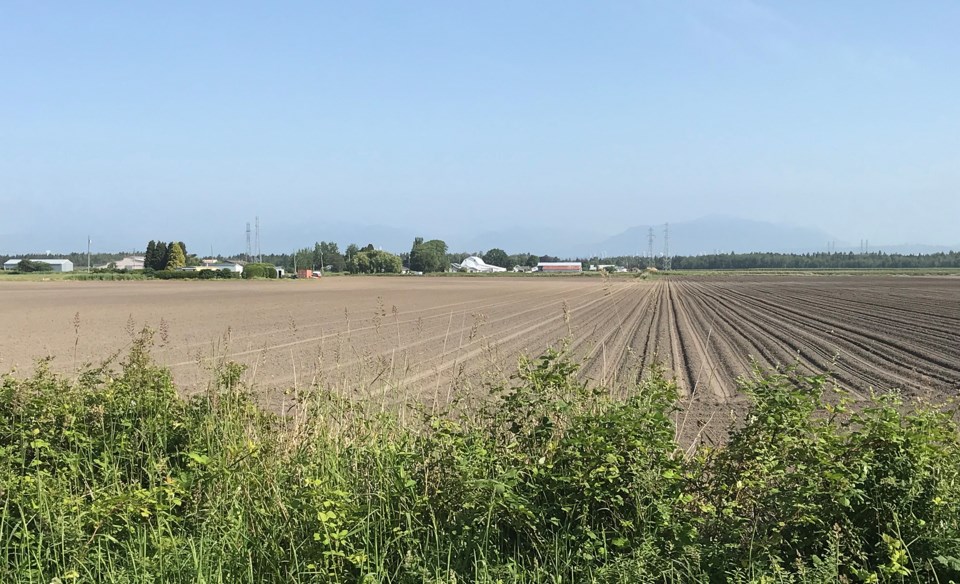When I ask my Project Pickle kids what the most popular farming tool in the world is, I usually get the standard answer of a tractor. Good guess. This is when I get in to a discussion of farming all over the world and that the human hand is by far the most popular global farming tool. Access to machinery for farming operations is not a given, here in North America or elsewhere.
Take the example of India which has been in the midst of massive protests from farmers over possible changes in law that will make farming, and living, increasingly difficult for millions of families. Access to equipment, irrigation, storage and a fragmented land base, drought and other hinderances has made this a desperate situation. Seventy-per cent of India’s population works in agriculture. That is about 965 million people that are barely hanging on.
Farming is an immensely complex prospect and we are not immune to the pressures even here in a developed nation. Locally, there has been news of late of the plight of ranchers and livestock farmers.
A recent article in the Vancouver Province by Glenda Luymes describes how access to processing for beef, pork and poultry is limited and the costs associated with logistics management has caused many livestock producers to call it quits when the demand for locally grown protein has never been higher.
The COVID-19 pandemic has certainly been a driver for this market demand, yet the Ministry of Agriculture has not been receptive to the plight and it would appear that locally grown organic livestock product for local consumers is merely a vision and not necessarily reality.
The pain is described in the January 2021 article by award-winning 34-year-old farmer Kendall Ballantine….
To get her animals slaughtered, she sometimes had to drive a 16-hour round trip to deliver her steers to an abattoir, followed the next day with a 13-hour round trip for her hogs, she said, “There is no excuse for putting farmers in a position of having to leave their ranch at lunchtime and not get back until close to 4 a.m.”
This failure by government to secure the supply chain further illustrates that there is serious policy development discussion needed.
Ballantine is going to call it quits. Unable to get her finished product to market, her animals are over-wintering and reliant on feed that will bankrupt her operation.
She notes on her Facebook page that the Buy BC “fun slogan only fits for produce,” and that if “we can’t produce in BC folks surely can’t buy BC.”
The Agricultural Land Reserve, and ministry licensing and regulatory issues can make farming a minefield when farmers should be able to provide for local consumers and make a decent living doing so.
Mike Schneider is founder of Project Pickle and likes to write about growing, cooking and eating food. He is a Jamie Oliver Food Revolution ambassador.


